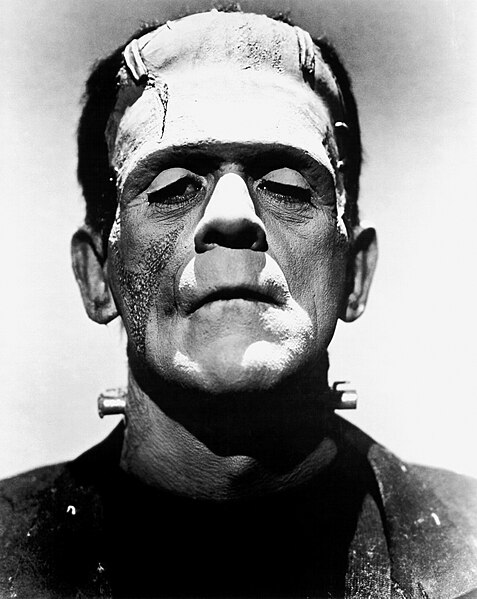Phil 203 Philosophy of the 19th Century Click Here for the draft Syllabus
Future offerings of this course: To Be Announced. Check the PSU Schedule for other sections being offered by other instructors.
Everything was up in the air; No questions were off the table! As the dust from the French Revolution settled into a brutal police state overseen by the victorious empires which had toppled Napoleon, Philosophers decided that their field had a new and more relevant role to play in the world. Since ancient times, Philosophy had been asking irresolvable questions about the nature of reality, the meaning of truth, the path to the good life, unending attempts to prove the existence of god, etc. As the 19th Century reached its midpoint, Philosophers began to question, instead, the way people actually live, their involvement in their own governance mechanisms, the legitimacy of the economic forces that shape lives, the reasons for the lack of equality and the racist/gendered ways of differentiating human life. In short, critical thinking about the status of human life came into vogue.
Science, with all of its promise, had slowly convinced people that there was nothing about the wealth of one's parents or even one's religion that determined the quality of a person's thoughts. Seen from the perspective of the liberal philosophers of the Enlightenment, science was expected to be the answer to a broad range of problems, including hunger, war, population, and disease. After the French Revolution, this optimism seemed misplaced.
Science had questioned the legitimacy and privileges of "The Church." But had Science replaced religious based morality with anything of value? To many of the elite members of society many of the equalizing trends caused by the scientific breakthroughs seemed monstrosities, encouraging radicals bent on seeking class revenge against their liberal and well meaning yet self absorbed creators.

From Mary Wollstonecraft, and her daughter, to Emma Goldman, the Philosophers of the "long 19th Century" had various views on such concepts as human equality, the roles of government, the possibility of answering all questions through scientific methodologies. And these were quite radical discussions for the ivory tower. In the Fall semester of 2013, we will have the rare opportunity to read and discuss Kantian Categories, German Idealisms, Utilitarianisms, proto-Libertarianism, Socialism, Scientific Materialism, Natural Selection, Pragmatism, and some of the earliest of linguistic semiotics we now call "Structuralism." But we will also view the philosopically motivated political urges of this period which are usually ignored in typical philosophy courses: Liberalism, Romantic Nationalism, Conservativism, Libertarianism, Communism, and Anarchism. See the specific list of author/philosophers we will study at the very bottom of this description. The world has never quite gotten over these philosophers and their bold ideas. As we read some of their arguments, you will need to come to terms with some of the central questions: were the revolutionaries who were created by the liberals and scientists of the enlightenment heroes or monsters? Why were these radicals angry? Are we more amazed by Victor Frankenstein's creation because of its unnatural strength and intelligence or because we are amazed and horrified that a human scientist could create life at all? Were these people "just philosophers?" Were they "just activists?" Is there any way to decide?
A century dominated by balding men and beautiful intellectual women! The good old days!
Mary

Charlie

John and Helen
Karl
Pete
Virginia
Emma
Ferdinand
In rough order of their appearance:
I. Kant, E. Burke, Judith S. Murray, Mary Wollstonecraft, Johan Gottleib Fichte, J. Bentham, Auguste Comte, F.W.J. Shelling, Arthur Schopenhauer, G.W.F. Hegel, Karl Marx, Charles Darwin, David Walker, Horace Mann, Harriet Taylor Mill, J.S. Mill, S. Kierkegaard, F. Nietzsche, William James, Leo Tolstoy, Gottlob Frege, Peter Kropotkin, F.de Saussure, Emma Goldman, Virginia Woolf...and anyone else whose inclusion makes sense.






No comments:
Post a Comment